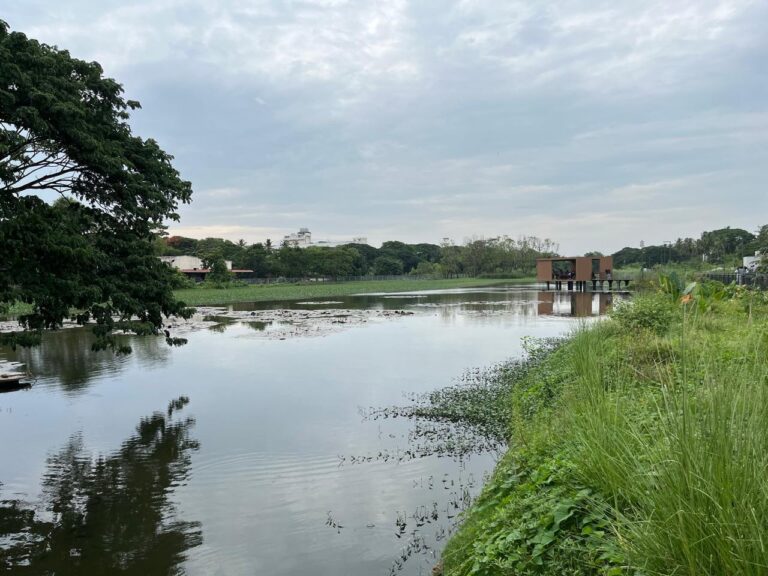African enterprises bet on circularity to reshape food systems
Across Africa, food entrepreneurs across the coffee, fisheries, poultry, and dairy sectors are reshaping how food is produced, packaged, reused, and valued.
It protects and enhances the biodiversity and ecosystems in and around our cities, which underpin key aspects of our local economies and upon which we depend for the well-being and resilience of our communities.

Across Africa, food entrepreneurs across the coffee, fisheries, poultry, and dairy sectors are reshaping how food is produced, packaged, reused, and valued.

In fiscal year 2024, ICLEI Members in Japan engaged in various activities connected to ICLEI’s five pathways toward sustainable urban…

Once a parking lot and dumping ground, Chennai’s first wetland sponge park is leading the way for a climate-resilient city. Today, it functions as a natural water treatment system to manage stormwater and prevent floods, proving the power of nature-based solutions in shaping sustainable, thriving communities.

As cities face extreme weather events and growing inequality, nature-based solutions (NbS) can boost biodiversity, manage risks, and improve urban life. But financing remains the biggest hurdle. Turning ideas into action means rethinking how we plan, value, and invest in nature.

How can we ensure tourism not only thrives but also helps protect our planet?

As Türkiye braces for another summer of heatwaves and unpredictable storms, spaces like the Kadifekale community garden offer a green space that is not only public, but participatory.

Urban growth is shrinking natural habitats, but cities also hold the key to reversing biodiversity loss. As epicenters of change, local governments have the power to turn the tide. Here are 10 reasons why they should act now.

With platforms like CitiesWithNature, the Berlin Urban Nature Pact, and metrics like the 3-30-300 rule, local and subnational governments are now better equipped than ever to track their impact and drive systemic change, proving that the path to a nature-positive future starts on the ground.

The COVID-19 pandemic highlighted the importance of nature in urban environments, providing solace and a sense of well-being during lockdowns. At the ICLEI World Congress, local and subnational governments, alongside WHO experts and NGOs, discussed the potential of Nature-based Solutions to address biodiversity loss and climate change while enhancing urban health.

Urban areas can restore ecosystems and improve residents’ well-being. Cities like São Paulo, Puducherry, and Austin showcased innovative strategies for urban resilience and economic growth, proving that systemic change for a sustainable future is possible.

Nature-based solutions (NbS) are one of several targets in the Kunming-Montreal Global Biodiversity Framework, adopted at the 15th Conference of the Parties to the Convention on Biodiversity held in December 2022.

How can we build capacity for local and regional officials to access diverse funding sources for climate adaptation and mitigation…